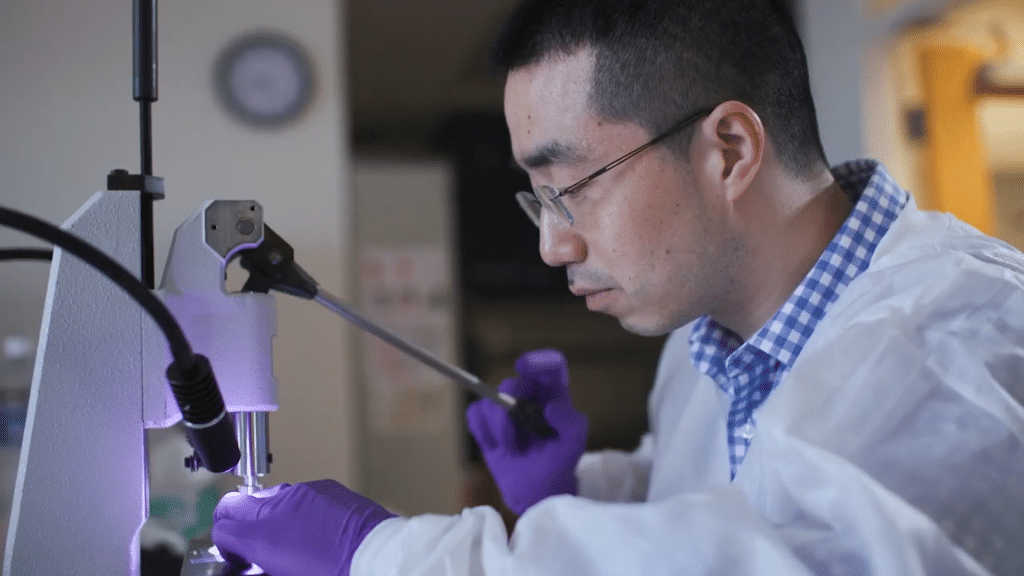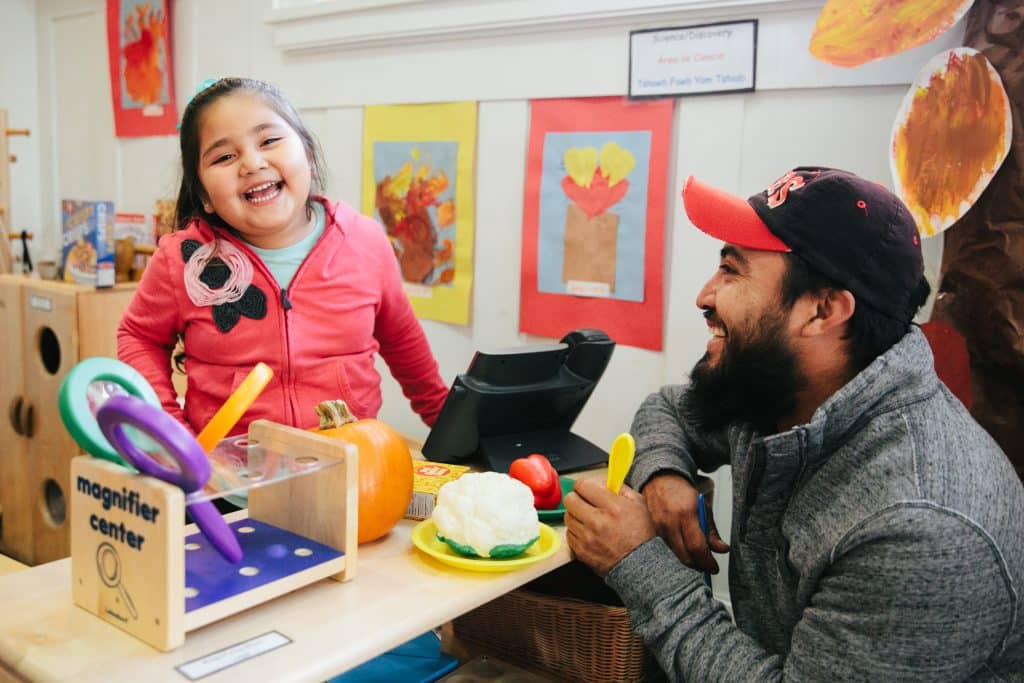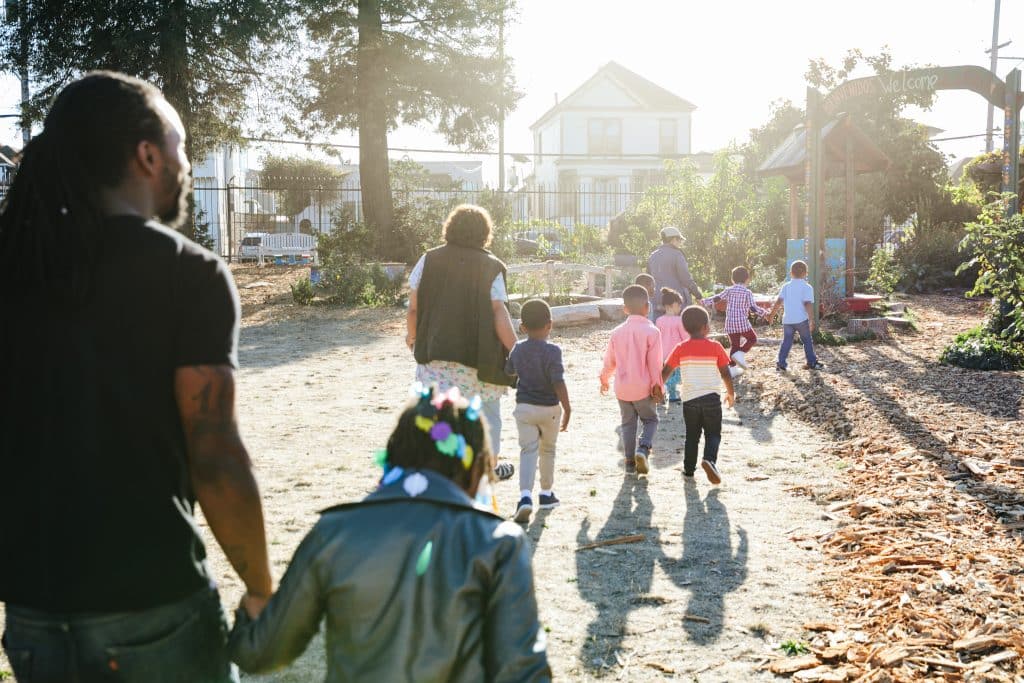
Since 2011, the Packard Foundation has supported the Imbuto Foundation (Imbuto) to improve adolescent sexual and reproductive health (ASRH) in Rwanda. This evaluation brief summarizes lessons learned from Imbuto’s policy work and community-level programming.
The evaluation highlights the creation of a national ASRH technical working group as critical to drawing stakeholders’ attention to ASRH, reducing duplication of efforts, filling programming gaps, strengthening programs, and supporting the formulation and implementation of a national ASRH policy.
At the community level, the evaluation found Imbuto’s youth ASRH clubs helped dissolve the narrative of shame that surrounds puberty and sexuality, and increase club members’ willingness to seek sexual and reproductive health (SRH) information and services. The evaluation reaffirmed that peer education—in which young people are trained in SRH and expected to convey this information to other young people—alone is unlikely to change knowledge or behavior on a large scale, and needs to be supplemented with adult-led instruction to fill critical gaps in youth knowledge of ASRH.
The evaluation also reaffirmed that confidentiality and nonjudgmental treatment are essential elements of youth-friendly services, and that fear of community and parental disapproval constitutes a significant barrier to young people seeking services. These findings highlight that ongoing parental and community engagement are crucial to the effectiveness and sustainability of youth programs. The Foundation’s Population and Reproductive Health Program will be applying these important evidence-based lessons to the design and assessment of ASRH programs in Rwanda and elsewhere.







